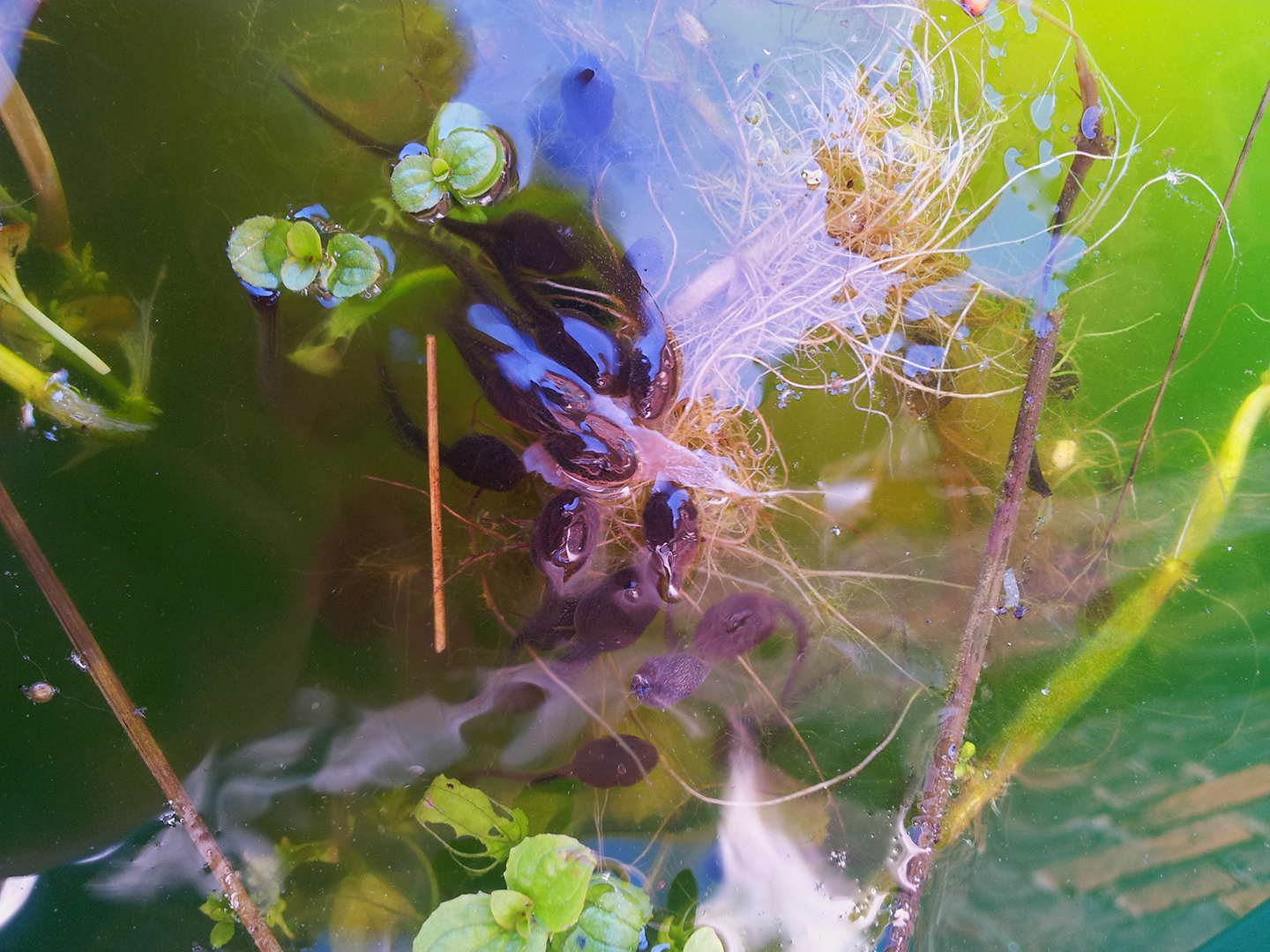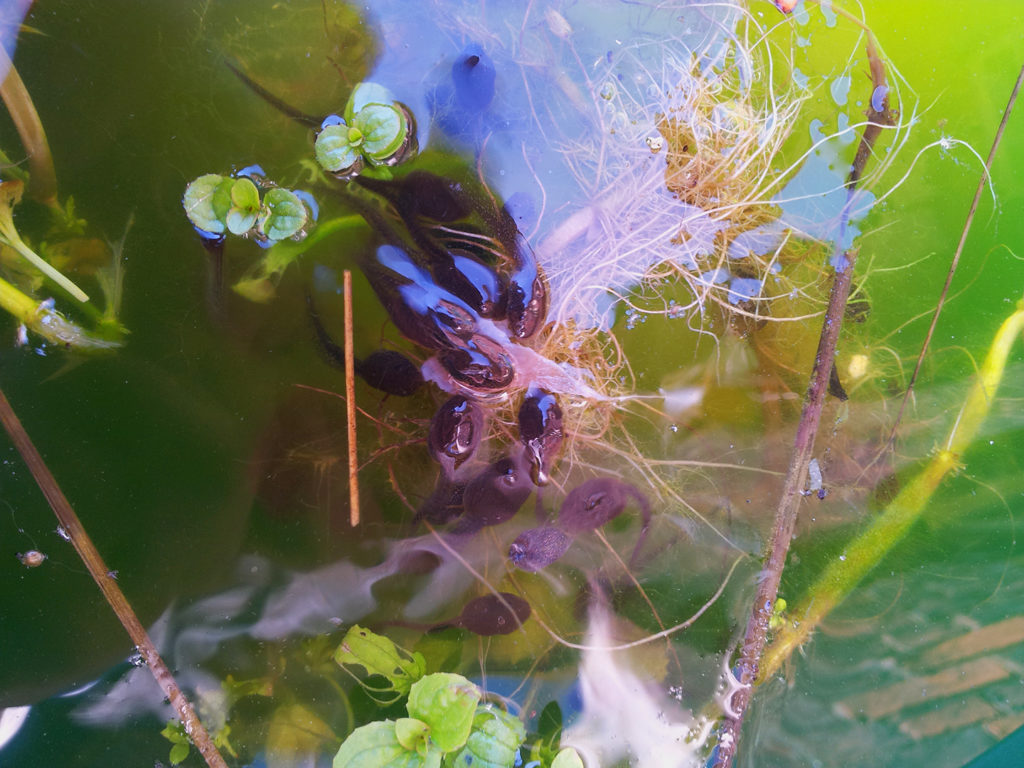Bestiaries were traditionally works of observation and natural history. Ancient and widespread, their way of observing allowed room for elements of theology, symbolism, and moralizing that strike our modern ear as wildly unscientific. The animals in these old works were not seen in isolation, but in relation to the human sphere. They carried messages and lessons, and had a rightful place in a greater order.
Our own day has brought more detailed facts about animals and a less secure context for the new information. As we learn more about them, can the animals still teach us? We asked our contributors to listen to an animal which has always interested them. Their responses testify to the many levels of relationship which still endure. For the rest of the essays, click here.
–The Editors
My house views a river, on the verge of entering a bay. There are herons about, and seals. Raccoons gambol about the mudflats at low tide, a fox yells for his mate on the field beyond my balcony, and eagles swoop low when the chickens have chicks.
Winter is close now and I had to get the goldfish out of the pond. When it’s cold the goldfish prefers my aquarium, or so I prefer to believe. He floats easy between the waterweeds and comes up to be tickled by the bubblestream or to nip at the superfood that costs a dollar a sixteenth of an ounce.
He didn’t want to be caught this year and I had to swoop the net diligently. When he finally flopped on the white gauze he was accompanied by a tadpole. The tadpole lives in the aquarium too now-a fat little fellow with dark spots on his creamy belly, and a long agile tail. Tadpoles turn into frogs after a while; the fact didn’t amaze me. Until it did, when I was watching the creature again, grazing on the weeds, going up and down like a yo-yo, gaping with its impossibly large mouth, pretending it’s dead once in a while, so that I touch it with my finger and it can dart away, toothlessly grinning. I’ve watched tadpoles before, when I was a kid and still curious, a lifetime ago, in Holland. Holland is a swamp, a soft gooey mattress, ideal to nurse frogs. Old men, Jung says, revert to their youth, they become curious again. I looked my tadpole up in the encyclopedia and studied accurate drawings, illustrating the great change. I saw how the dimpled ball, swept along by its fishy rear, gradually turns into a warted amphibian, growing hands and feet, losing its gills, adjusting its diet. There was the Chinaman who dreamed he was a butterfly, then he woke up. There’s the frog who dreamed he was a fish. For a fish my tadpole certainly is. Completely aquatic, he wouldn’t dream of sitting on a lily-leaf, pretending he’s part of the pond’s surface, watching flies until he can flick his tongue, wrap them up, swallow pleasantly, digest the insects away into his own being. The tadpole is too busy o dream, he wants to pop up and down in the green mystery of my aquarium, kept company by the golden shape of its rightful tenant. The tadpole grazes on algae, the concept of a fly is quite beyond his tiny computations.
Watching the miracle makes a man think. Am I what I think I am: part of the present top of animal evolution crawling about in the here and now, on a planet? What hidden being forms itself in me, while I busily earn my daily dollop? I can’t, by definition, imagine what my being will be, for how can one imagine the unknown? Limited by three dimensions and human ignorance I have no choice, have to believe that I am what I seem to be for the moment, as the tadpole believes himself to be a tadpole, yet he’s undoubtedly a future frog.
The tadpole is in pain, I can see that when I watch him through a magnifying glass with a built-in light. He rests against the aquarium’s transparent and forbidding wall. The tadpole knows he’s changing, as his tail diminishes and his limbs grow. His very perception is bent out of shape, preparing for an existence he knows nothing about. In fear he flattens himself against the limit of his life, warmed by the light of my magnifying glass, and a desperate still lidless eye reflects untellable suffering. I sympathize, for my position isn’t all that different. I partake in his joy too; most of my life is lived as well and a complete change should be quite adventurous. I know he’ll be a frog, croaking musically under a full moon. Does he know what I’ll be?
The goldfish nuzzles nearby, brought close by a single synchronized flick of his elegant fins, propelling himself within different possibilities again. He’ll never be a frog but slowly changes into a gigantic carp, capable of gobbling large chunks of bread, gulping noisily, lifting his huge head into the air while I observe him, squatting on a rock at the side of the pond.
So many lives, and all part of the miracle, going on forever and refusing to be limited by definition. All lives connected, one changing into another. The tadpole shoots up, looking for my finger, touching it for a moment. The tadpole is alone, and so am I, but we can share our pain, and pleasure.♦
From Parabola Volume 8, No. 2, “Animals,”Summer 1983. This issue is available to purchase here. If you have enjoyed this piece, consider subscribing

